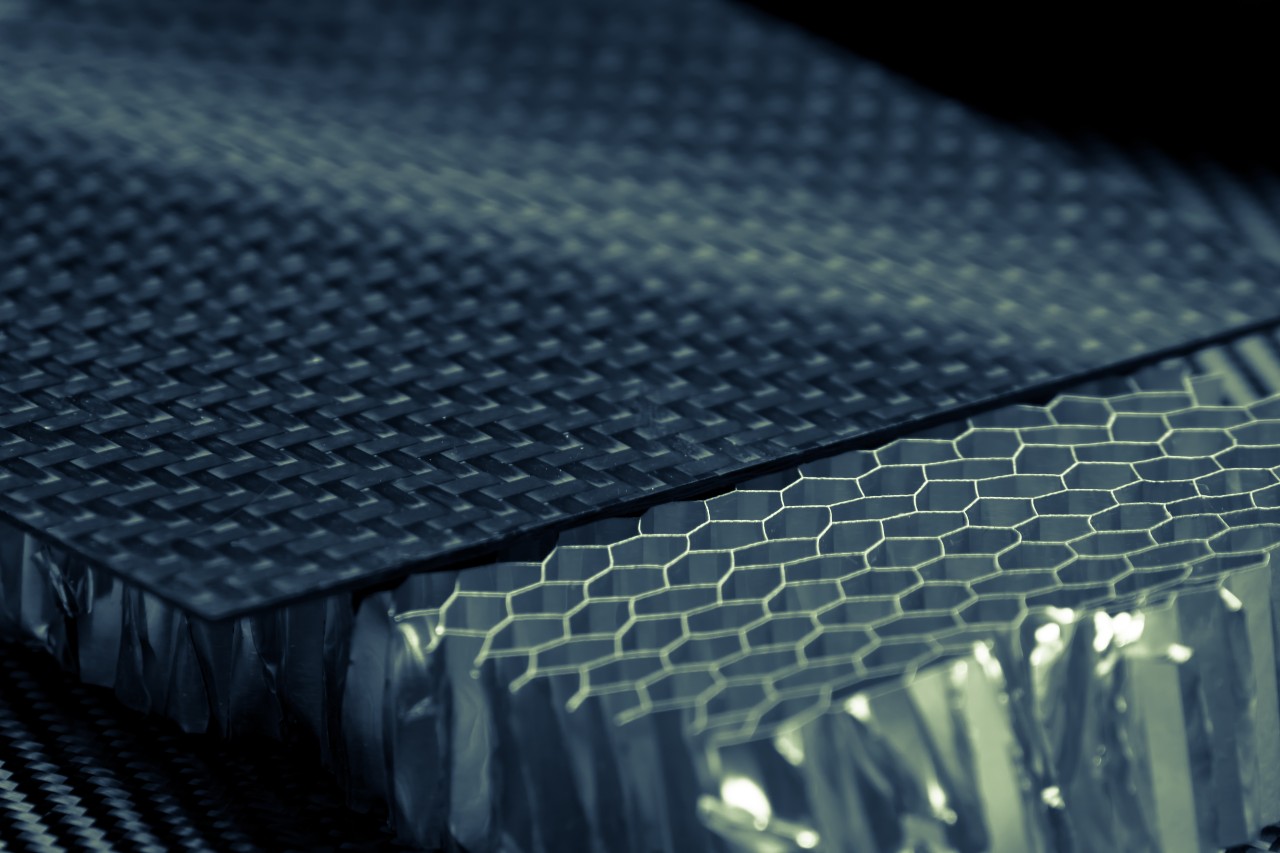Resilient manufacturing of composites (RECO)

The industrial transformation towards more sustainable products puts a large focus on lightweight solutions. Therefore, to accelerate the use of lightweight materials, RECO aims at a smart and resilient manufacturing process for composites. Composites are making strong progress in many branches of the manufacturing industry thanks to their outstanding properties that combine strength with low weight.
The manufacturing and assembly of composite parts can however be demanding since this anisotropic material is very sensitive to bending, which can harm the material. Such bending is often caused by tolerance propagation, and manual adjustments and quality problems make the use of composite expensive and limited.
To enhance its use, RECO will support and improve the whole variation management process for composites, leading to increased resilience in composite manufacturing. The academic partners Wingquist Laboratory at Chalmers and Fraunhofer Chalmers Center (FCC) will together with GKN Aerospace, Volvo Cars, and the SME´s Composite Services, RD&T Technology, and RoPhi address those challenges.
The main applicant, the research group of Geometry Assurance at Chalmers, is active within Wingquist Laboratory, which is a well-established research center for digital product realization with a strong industrial collaboration.
Composite material is generally defined as a material produced from two or more constituent materials. In RECO, we will focus on carbon fiber reinforced polymer (CFRP), where the composite consists of a matrix (carbon fiber) and a reinforcement (a polymer resin, such as epoxy).
The research group at Chalmers has a long history of developing methods for geometry assurance, i.e. methods to minimize the effects of geometrical variation. In variation simulation assembly models are built to predict geometrical quality on the assembly level. This can usually be done in early product development phases and is a tool to improve quality, reduce scrap rate, and reduce lead time. In RECO, a methodology for building assembly models including the anisotropic behavior of composites will be developed. The simulation methodology is based on finite element analysis, and statistical variation simulation using Monte Carlo simulation. The simulation models can besides be used to predict assembly variation, also be used to find optimal shimming strategies. Shimming is a method to compensate for geometrical deviations by slightly changing the position of the locators in the assembly fixtures. The size of the shimming elements (shims) needs to be adjusted to a batch of parts. In previous projects, optimization has been used to calculate the size of the shims. Composites are very sensitive to stress and bending, and therefore, stress on assembly level under a certain threshold will be used as a constraint for the optimization.
In order to achieve a resilient assembly process with such sensitive material as composites, the above-described simulation-based and automatized shimming method is key. By utilizing this method, the assembly process can be adapted to the part quality level, implying increased flexibility and resilience to disturbances in the supply chain. Different suppliers deliver different quality levels, but this can at least partly then be compensated for in the assembly process.
The project has a strong simulation focus. FCC will further develop methods for simulation of the curing process of composite parts, to allow prediction of geometrical distortions. This will be used as input to assembly simulations developed by Chalmers. The companies will support the process with process knowledge and case studies to verify the simulations.
On a more general level, a geometry assurance process considering roles and activities to secure the geometrical quality for composites will be formulated. Necessary data flow (digital thread), tools, and stages in the geometry assurance process will be identified together with the industrial partners.
To demonstrate the project results, a physical demonstrator and a virtual test bench will be developed. The physical demonstrator will be built by GKN and RoPhi at Production Technology Center in Trollhättan, which is a collaboration arena to support the development of manufacturing companies. This will be mirrored by a virtual test bench built in the software RD&T, provided by RD&T Technology.
To summarize, RECO will contribute with new knowledge and methods for handling geometrical variation in composites, which increase the resilience in the manufacturing process. Resilience is addressed both in terms of resilience to variation sources in manufacturing, and as resilience in the supplier chain since more suppliers will fulfil the requirements due to better variation management.
The project will accelerate the use of lightweight material, improve geometrical quality and shorten lead time, leading to increased competitiveness for Swedish companies. RECO involves the project partners and other related stakeholders in workshops, interviews, case studies and via the demonstrators. Five scientific papers and a licentiate thesis are expected. Courses in geometry assurance for composites, highlighting the project results, will end the project.
Project leader
Kristina Wärmefjord, Chalmers University of Technology
[email protected]
+46 766108312
Vi som samverkar
→ Chalmers University of Technology
→ Fraunhofer Chalmers Centre
→ GKN Aerospace
→ Volvo Cars
→ Composite Service Europe AB
→ RD&T Technology
→ RoPhi

